Untranslatable.
Cazes and Dave get a little verbose in this deep, deep dive into those interesting, hard-to-translate words that give Japanese some of its fascination. What’s your ikigai ? Is that toilet mottainai enough for you? Does watching transformers movies make you feel natuskashii ? Or do you wish you could practice irusu when a mendokusai guy from the TV company comes to your house? There’s only one place to find answers to these questions. The kyodai are feeling nori-nori in this episode. Itadakimasu !
Some very loose translations.
Natsukashii – 懐かしい – a positive feeling of nostalgia.
Mendokusai – 面倒くさい – awkward or nuisances to deal with situations.
Ikigai – 生き甲斐 – One’s raison d’etre, combining 4 elements – what you’re good at; something you can be paid for / you can make a living from; something the world needs; something which you love or really care about.
Bureikou – 無礼講 – Usually employed at company parties to mean something like “let’s not stand on ceremony”, bureikou, as a concept is intended to free people from certain limitations of social status to just relax and be themselves.
Mottainai – もったいない – a feeling of regret at wasting something of value.
Wabi-sabi – 侘び寂び – Aesthetic sense in Japanese art centred on the acceptance of transience and imperfection.
Irusu – 居留守 – The practice of one’s pretending not to be home.
Omotenashi – お持て成し is an untranslatable Japanese word that represents careful thoughtfulness. It is the type of hospitality that puts the customer or guest first without the expectation of anything in return.
